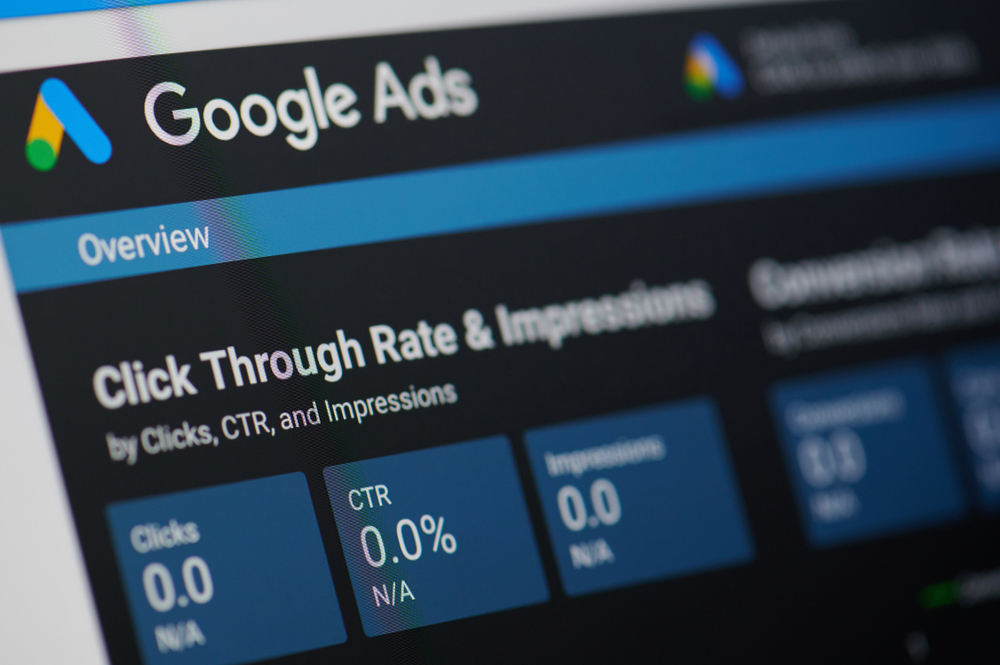Google Expands Phrase Match: What That Means for Your Business
The beginning of February was marked by big news from Google: the PPC service is set to change its phrase match and broad match keyword match types. The company has said these changes will help companies reach their target audience more easily ‘no matter how they’re searching’.
What Do These Changes Involve?
Currently, advertisers have 4 different keyword match types:
- Exact match – targets precision
- Broad match – increases ad reach
- Phrase match and broad match modifier – which combines both goals
To allow more control and optimal reach, Google will expand the phrase match to cover additional broad match modifier traffic, while still taking into account word order when it’s integral to the meaning of the search.
This can mean brands will be able to reach the searches they need by using phrase match only, and not end up with additional searches that are not relevant to the ad.
Google notices that both phrase match and broad match modifiers often lead to the same results in terms of what types of queries it targets, so they are attempting to bridge the two to offer advertisers a better experience on Google Ads.
In practice, this will mean that the new match types will be able to take the terms advertisers use and match them with more diverse queries that are still closely connected to the modifier. Previously, the targeting options could gather attention from a lot of queries that did not match the advertiser’s preference all the way, leading to issues in budget spending or even campaign success.
For the broad match modifier, it’s bad news, since Google announced it will be phasing out support for this match type. The changes will be rolled out gradually to ensure businesses are not greatly affected by the changes.
The company announced it will begin to move to the new matching behavior in mid-February, to allow businesses to keep their data performance and remove any need to migrate keywords. As these changes start, advertisers are not required to take immediate action.
By July, Google plans to roll out these changes at a global scale, which means advertisers will no longer be able to create new broad match modifier keywords. Those that have been previously created will continue to work using the new match type behavior.
While Google made it a point that state advertisers are not required to take any immediate action to prepare for these changes, it did note that they should watch the Recommendations page in Google Ads especially for notices regarding duplicate keywords.
What Do These Changes Mean for Advertisers?

The announcement has been met with mixed reactions from marketers since the promise of an optimized match type ultimately also means less control over keywords, which can impact campaign performance. The changes in match type could potentially change the way advertisers manage keywords in the account and find ways to control traffic relevancy.
Broad match modifiers offered a lot more control because they are, by definition, more predictable, and advertisers could easily say which keywords they wanted to trigger the ads. With the new match type, some of that predictability is lost, which could potentially mean the ads will be delivered to the wrong queries.
To deal with this change, advertisers will need to look closely at how the campaigns behave during the rollout, and potentially adopt additional negative keywords to ensure the ads don’t get triggered by unwanted searches.
Google also offers additional tips on how to optimize campaigns for the upcoming changes:
- Shifting budget when necessary – the changes may lead to some traffic fluctuations, which may require advertisers to make certain budget modifications to optimize spending;
- Coupled brad match with Smart Bidding – to prevent any coverage losses, using broad match with Smart Bidding can be a way to reach relevant searches and meet ad goals. However, it does mean you’re letting Google control your bidding;
- Using negative keywords – the company says the update does not impact negative keywords, so advertisers can still use it to remove any queries they don’t want from being targeted by the ad.
Moving Towards a Behavior-Centric Targeting
With this change, it seems Google is moving away from the keyword-targeting model that it previously had, and adopting a targeting style that advertisers have likely seen on social media platforms like Facebook.
It’s no longer about the terms a user types in the search bar when looking for information, products, or services. It’s about their browsing behavior of the user, and the reasoning for why they’ve typed the query in the first place.
With broad match modifiers, advertisers could let Google know all the terms target must be present in the search query for the ad to be triggered, which allowed ads to be delivered to highly relevant queries. This, in turn, translated into high-quality traffic coming from the ads.
Phrase match keywords, on the other hand, established the order of the keywords, which again provided more control. Under the phrase match type, the keyword ‘moving Dallas to New York’ meant you could only target people from Dallas looking to move to New York.
The new match type, being a combination of the two, means that Google will decide when the search term order is relevant, and when it isn’t. And for certain ads, this can mean some major changes.
Conclusion: Should We Be Excited About the Changes?
The prospects of automation when it comes to managing keywords is certainly appealing, though it’s difficult to say how the new keyword management process will look like once the new match type is live. Still, it remains clear that advertisers have to keep a close eye on their campaigns to quickly identify any major changes caused by the rollout.